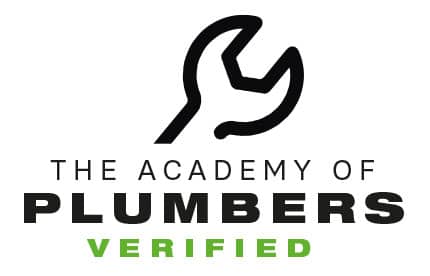Marina & Boatyard FAQs (Frequently Asked Questions)
Improve safety and protect against potential Marina & Boatyards electrical hazards.
What Electrical Codes Apply to me?
The National Fire Protection Association has published two safety codes standards related to electrical safety near marinas and boatyards, NFPA 303 and NFPA 70 (Article 555). It is also important to always check with your local jurisdiction (City, County, and State) on what requirements they have in place
Click HERE to review a few regulations and standards from NFPA 303 and NFPA 70E that we highlighted in a previous post.
Why should I have the electrical system tested and inspected?
Over time the electrical equipment on your marina and boatyard can breakdown due to normal wear and tear during daily operation, as well as experience corrosion due to the environmental factors. Checking items such as wiring, grounding, loose connections, integrity, burning, corrosion, and aging can give you some signs as to the life expectancy of the equipment.
Confirming good operation of the electrical system can increase life safety.
How often should my electrical system be tested?
NFPA 303 states; an inspection of all electrical wiring, ground connections, conduit, hangers, supports, connections, outlets, appliances, devices, and portable cables installed or used in a marina, boatyard, boat basin, or similar establishment shall be made at regular intervals to ensure a complete inspection at least annually.
What components need to be tested and inspected?
The entire electrical system from the main disconnecting coming from the utility company, through the wiring, panels, breakers, disconnects, terminations, outlets, cords, and grounding integrity.
How do I determine if I have a stray voltage?
Stray voltage is a portion of the current that flows over an alternative path other than what was intended. The best way to determine if you have stray voltage is to have a qualified electrician perform testing. Stray voltage can be deadly and lead to ESD (Electric Shock Drowning).
Do I need to inspect cords supplied by boat owners connected to power pedestals?
Yes, the owner of the electrical system is held responsible. A damaged cord can cause damage to your equipment.
Why is ground fault protection important?
Ground Fault Protection protects individuals from electrocution. NEC requires a 5-30 mA ground fault protection for marina electrical systems. In addition to life safety benefits, ground fault protection also protects your electrical system and equipment from issues. Having proper ground fault protection will allow you to identified boats and cords with power issues when connected to the system.
Transworld Electric is the licensed electrician specialist for Marina & Boatyards in South Carolina. Whether you have a safety concern or need some electrical repairs or remodels, you can trust our electricians.
Enjoy the peace of mind by hiring Transworld Electric to handle all your electrical marina and boatyard needs. Our licensed electricians are highly skilled professionals serving South Carolina since 1987.



